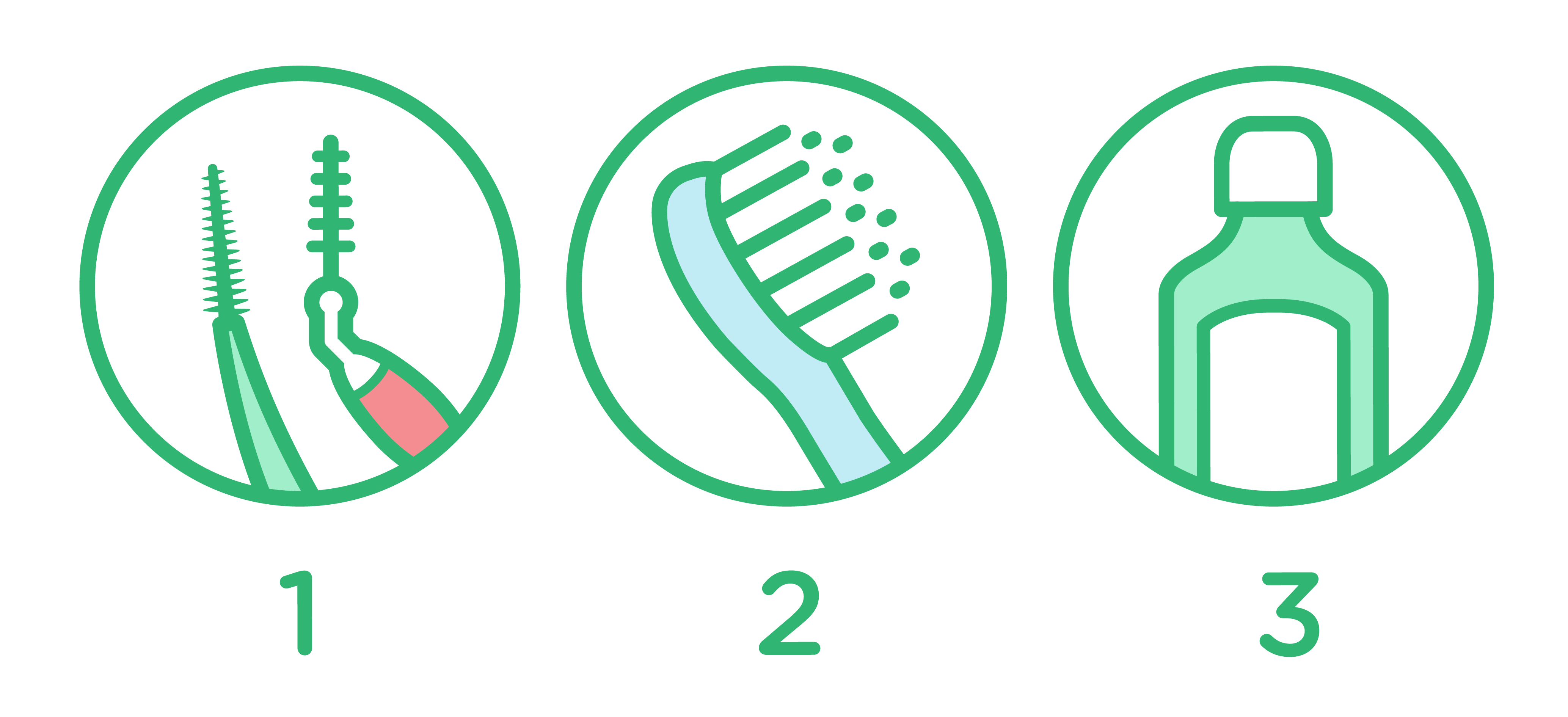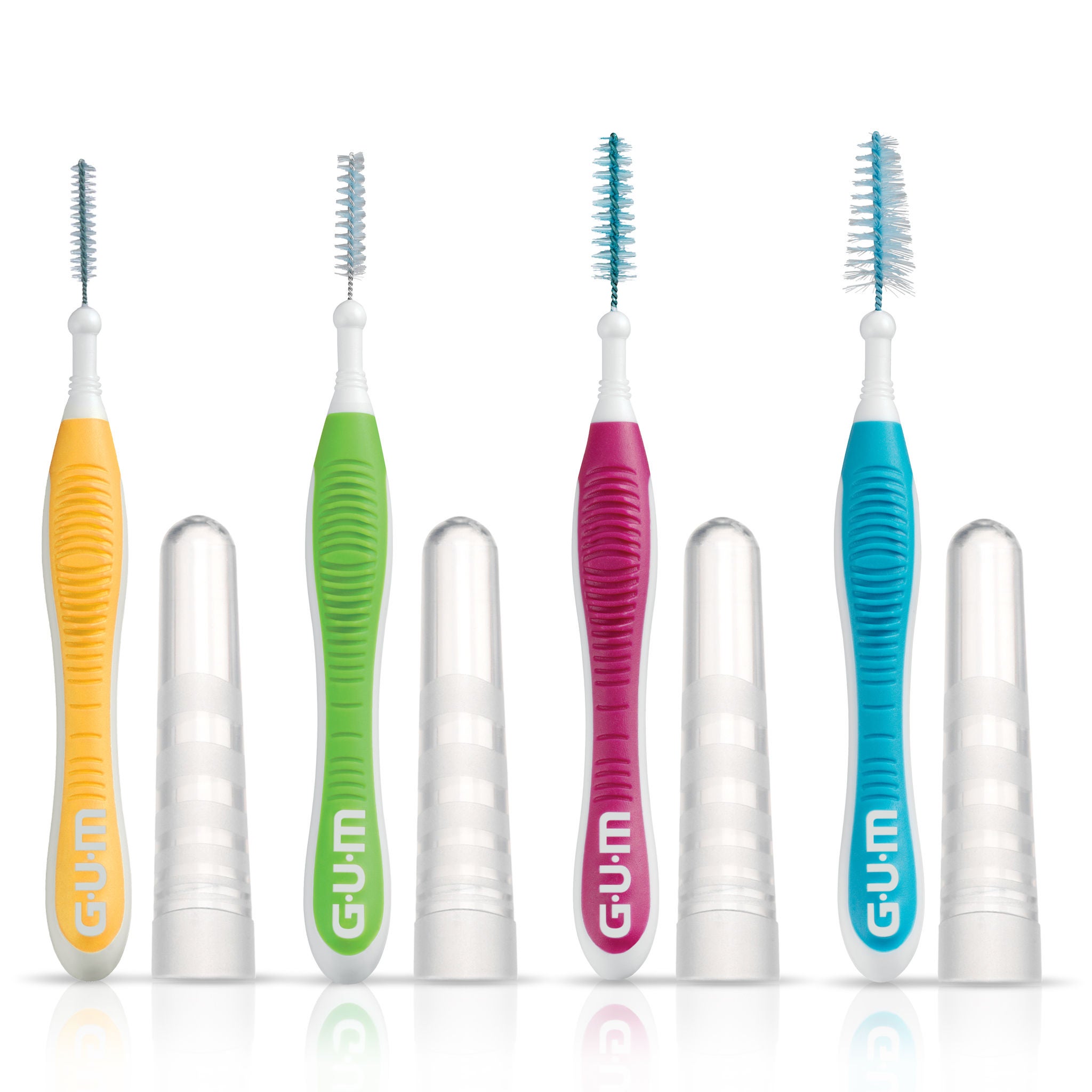
Oral health empowers diabetes management
Oral health and diabetes are connected by a bidirectional link. Poor blood sugar control increases the risk of gum disease, while gum disease has adverse effects on blood sugar control.

Why are people with diabetes more likely to develop oral health problems?
Diabetes, particularly when poorly controlled, has a significant impact on oral health. This is because high blood sugar levels create an environment that is more conducive to the growth of bacteria in the mouth. These bacteria, when combined with food particles, form plaque, a sticky film that can cause various dental issues.
One of the primary reasons for the increased risk is the reduced saliva flow often seen in diabetics. Saliva plays a crucial role in oral health by washing away food particles and neutralizing acids produced by bacteria, helping to protect the mouth from microbial invasion and overgrowth.
Moreover, diabetes can weaken the immune system, making it harder for the body to fight off infections. This weakened immune response means that oral infections, including gum disease and tooth decay, may develop more readily and progress more rapidly in individuals with diabetes.
Diabetes and common oral health problems
People with diabetes are at an increased risk for several oral health issues:
1. Gum disease (periodontitis): As one of the most common dental issues for diabetics, gum disease ranges from mild inflammation (gingivitis) to severe infection (periodontitis). High blood sugar levels can lead to more severe and frequent gum infections.
2. Cavities (dental caries): The increased presence of bacteria and reduced saliva flow contribute to a higher risk of cavities, as bacteria feed on sugars and produce acids that erode tooth enamel.
3. Tooth decay: Prolonged exposure to high sugar levels in the mouth can lead to decay, as it provides a fertile environment for bacteria to grow and damage the teeth.
4. Dry mouth (Xerostomia): Diabetes can reduce saliva flow, leading to dry mouth. This condition not only causes discomfort but also increases the risk of cavities and gum disease.
5. Thrush: Caused by a fungus that thrives on high sugar levels in saliva, thrush is more common in people with diabetes. It appears as red or white patches in the mouth and can be uncomfortable.
Signs of oral complications
Being aware of the signs and symptoms of oral health issues can lead to early detection and treatment, which is especially important for individuals with diabetes. These signs include:
- Bleeding gums: This can be a sign of gingivitis or more advanced gum disease.
- Red, swollen, or tender gums: Inflammation in the gums is a common symptom of gum disease.
- Persistent bad breath or bad taste: This could indicate gum disease or tooth decay.
- Loose teeth or changes in bite: Advanced gum disease can lead to the destruction of the supporting tissue and bone, causing teeth to become loose.
- Dry mouth: A persistent dry mouth can increase the risk of oral health problems.
- Pain or discomfort: Any persistent oral pain should be investigated by a dentist.
What can you do?
Poor blood sugar control increases the risk of oral health challenges, while oral health challenges can lead to poor blood sugar control and a higher risk of diabetes-related complications.
By actively managing your oral care and maintaining healthy gums and teeth, you can live healthier, with your diabetes.
Your oral health fitness program: easy as 1-2-3!









